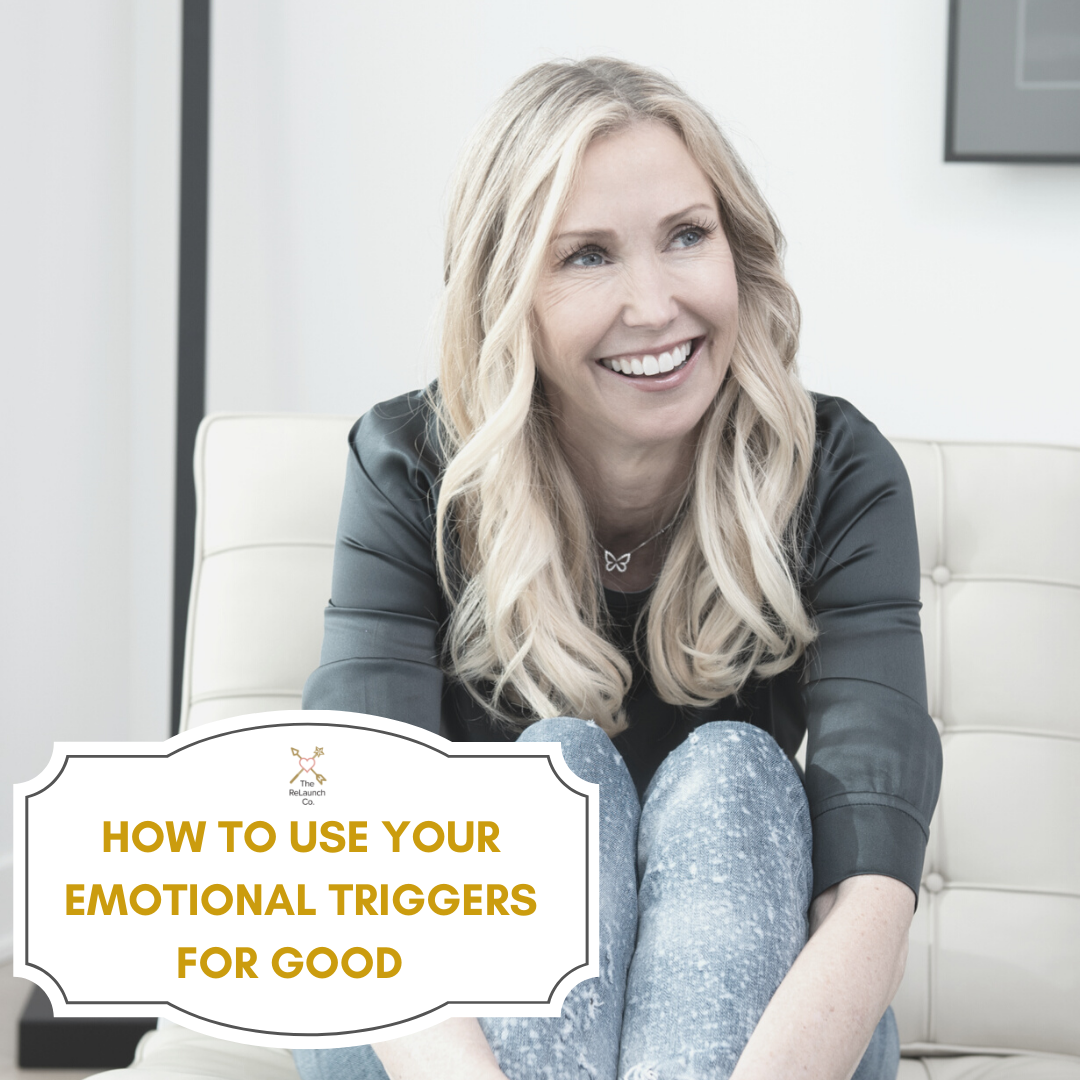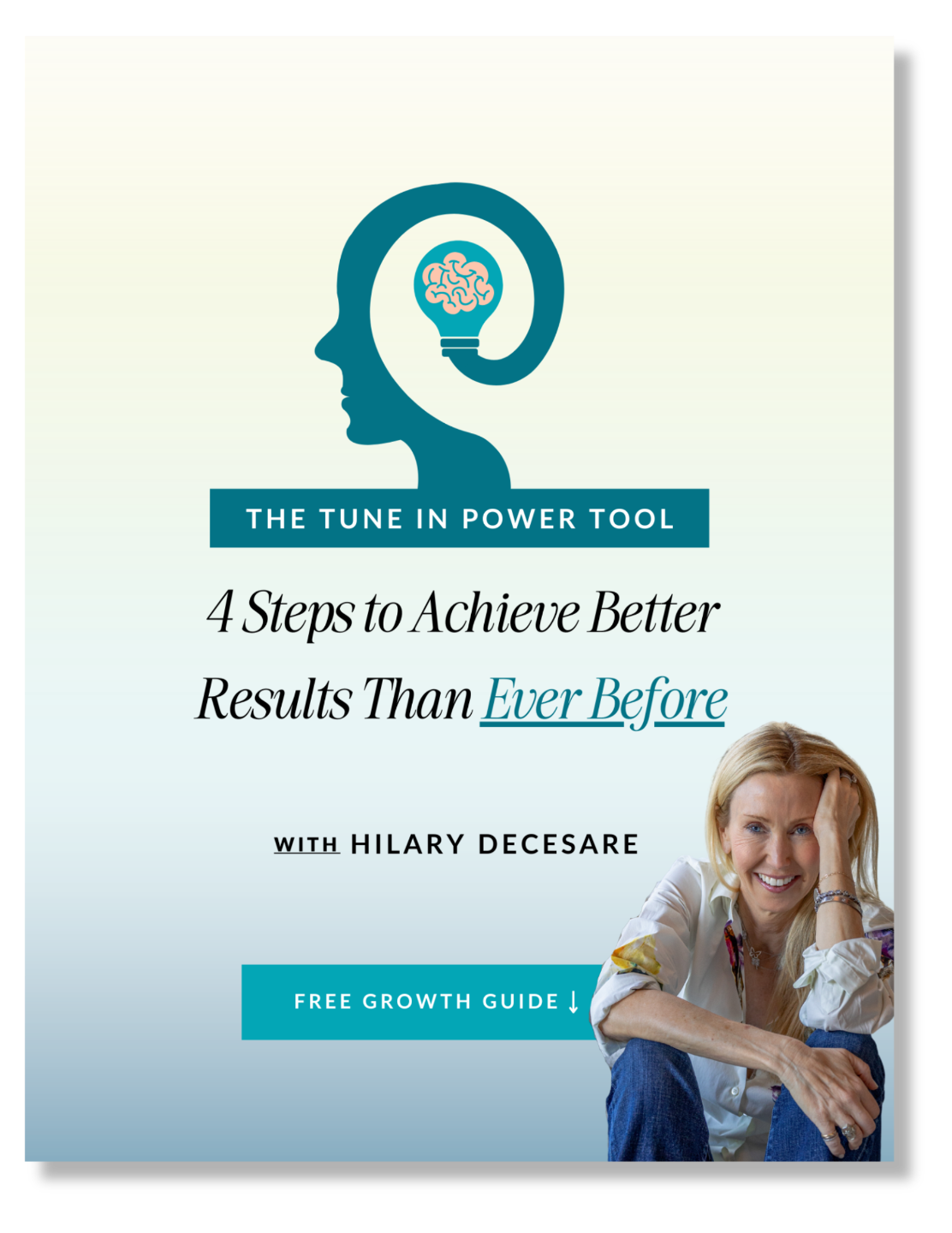
How to Use Your Emotional Triggers for Good

Life coach and PhD student Andréa A. Michel believes that emotional healing is the key to living your best life. Her own story is riddled with significant traumas – from homelessness to a broken home to sexual abuse. She spent years working to heal from her past.
But it was one moment that revolutionized her approach. Standing in a grocery store, she experienced an unexpected trigger that sent her right back to the poverty of her childhood. This moment made her realize something she now uses with her clients: Emotional triggers have the power to help us heal.
If you feel trapped by your own triggers, here’s how to use them for good:
- Understand them
What is a trigger? By definition, a trigger is anything that sparks an intense emotional reaction, regardless of your current mood. It could be a memory, an experience, or an event that brings up past trauma. This reaction causes a physical response in your brain and often leaves you unable to think clearly.
How do you use these moments if you can’t think straight? By understanding the process when you’re not triggered, you can prepare for the times when you are.
Emotional triggers are a signal that something needs to be healed and your body is ready to work on it. It won’t feel good and your instinct will be to move past it as soon as you can. But if you lean into the moment, you’ll be taking the first step towards healing.
- Normalize them
Jump on social media and it’s not hard to find a video of someone being ‘triggered.’ Society tells you it’s a bad thing, and depending who you’re with and what you say and do it can lead to embarrassing or regretful situations.
However, it’s time to take the stigma away. To use your triggers for good, you must normalize them. The fact is, everyone has trauma, be it individual or collective. It’s part of being human.
Start by normalizing your own healing process in general. There’s certainly nothing wrong with healing yourself! Next, don’t be critical or judgmental of others on their journey. Even an embarrassing moment may mean that person is on the path to healing.
- Explore them
Learning more about the effects of trauma can help you feel more empowered to use your triggers for good.
For one, it’s not always the actual experience that causes trauma. Sometimes it’s how the people around you handle it. For example, if something upsetting happens to you but someone you love brushes it off in the moment, this can create a sense of betrayal. It may be the betrayal and not the experience itself that leads to trauma.
Also, it’s important to remember that no two people react in the same way to the same event. This knowledge will help you avoid comparing your experience to others.
Don’t let past trauma continue to limit you. Learn to use your emotional triggers to heal – for good.


Leave a Reply